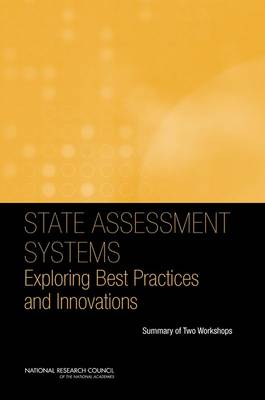Educators and policy makers in the United States have relied on tests to measure educational progress for more than 150 years, and have used the results for many purposes. They have tried minimum competency testing; portfolios; multiple-choice items, brief and extended constructed-response items; and more. They have contended with concerns about student privacy, test content, and equity--and they have responded to calls for tests to answer many kinds of questions about public education and literacy, international comparisons, accountability, and even property values. State assessment data have been cited as evidence for claims about many achievements of public education, and the tests have also been blamed for significant failings. States are now considering whether to adopt the "common core" academic standards, and are also competing for federal dollars from the Department of Education's Race to the Top initiative. Both of these activities are intended to help make educational standards clearer and more concise and to set higher standards for students. As standards come under new scrutiny, so, too, do the assessments that measure their results.
This book summarizes two workshops convened to collect information and perspectives on assessment in order to help state officials and others as they review current assessment practices and consider improvements.
- ISBN10 0309161762
- ISBN13 9780309161763
- Publish Date 2 January 2011 (first published 1 January 2010)
- Publish Status Active
- Publish Country US
- Imprint National Academies Press
- Format Paperback
- Pages 156
- Language English
